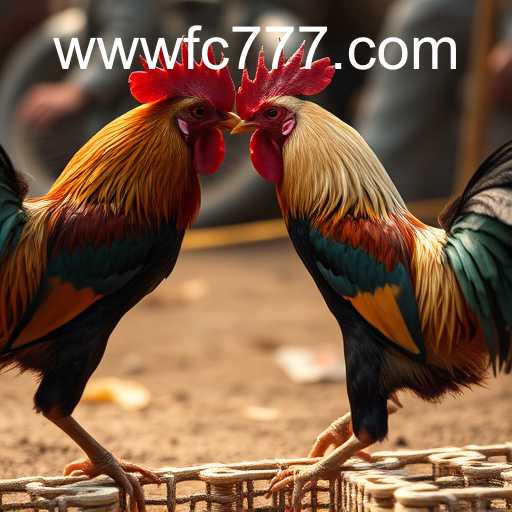An exploration into the history, cultural implications, and ethical debates surrounding cockfighting, with discussions on its legality and societal impact.
The Complex World of Cockfighting: Tradition and Controversy
Understanding Cockfighting
Cockfighting, a centuries-old blood sport, has long been a source of intrigue and conflict. Its roots trace back to ancient civilizations where it was once revered as a test of attributes such as strength, endurance, and resilience. Yet, in contemporary society, cockfighting has stirred significant debate due to its ethical and legal implications.
A Glimpse into History
The practice of cockfighting dates as far back as 6,000 years. Historical evidence indicates that it was popular in India, China, and the Mediterranean region. Over time, the practice spread across the globe, becoming particularly entrenched in Southeast Asia, Latin America, and parts of Europe. Each region added its distinct flair to the sport, often reflecting the cultural nuances and societal norms of the time.22win
Tradition and Culture
jilino1For many, cockfighting is more than just a sport; it is a deeply rooted tradition. In countries like the Philippines and Thailand, cockfighting is an integral part of the cultural tapestry. It often accompanies festivals and local celebrations, serving as a communal event that brings people together in celebration and competition.
In the Philippines, cockfighting, known locally as "sabong," is seen as a mainstay of cultural expression. It symbolizes honor and bravery, where success in the cockfighting ring translates into social prestige. Similarly, in Bali, Indonesia, the practice is intertwined with religious rituals, making it a part of Balinese identity.noble jili
JilifreeThe Ethics of Cockfighting
Despite its cultural significance, cockfighting is fiercely contested on ethical grounds. Animal rights advocates argue that the sport is inherently cruel, subjecting birds to violence for human entertainment. The physical harm endured by the roosters, often fitted with sharp metal spurs to exacerbate injuries, is central to the argument against the practice.
These ethical concerns have led to stringent laws banning cockfighting in many parts of the world, including the United States and the European Union. Critics contend that these bans are necessary to uphold animal welfare standards and curb needless suffering.
Legal Landscape
The legal status of cockfighting varies widely across different jurisdictions. In countries where it remains legal, the practice is often regulated to minimize animal cruelty. In contrast, places with active bans impose severe penalties, including fines and imprisonment, for those caught participating in or organizing cockfights.
In the United States, cockfighting is outlawed in all 50 states. The Animal Welfare Act further strengthens this stance by prohibiting the interstate and foreign commerce of animals for fighting purposes. Meanwhile, in countries like Mexico, cockfighting is legal, yet efforts are underway to implement stricter regulatory measures to address animal welfare concerns.
Societal Impact
The societal impact of cockfighting extends beyond its ethical considerations. In regions where it is legal, the sport contributes significantly to local economies. Betting on matches generates substantial revenue, and many livelihoods depend on the breeding and training of fighting cocks.
JilicityConversely, the clandestine nature of illegal cockfighting rings poses risks, including organized crime, illegal gambling, and public safety hazards. These activities often operate under the radar, making law enforcement efforts challenging and resource-intensive.
The Future of Cockfighting
The future of cockfighting remains uncertain, teetering between tradition and modern ethical standards. As global awareness of animal rights grows, the pressure on nations to revisit their cockfighting laws increases. Balancing cultural heritage with humane treatment is a delicate dance that each society must navigate.
Innovative solutions may lie in promoting alternative cultural expressions that preserve the social and economic benefits without the inherent cruelty. Ultimately, the dialogue surrounding cockfighting reflects a broader conversation about cultural practices, ethics, and progress in an ever-evolving global society.
As we continue to explore this multifaceted issue, it is crucial to engage with diverse perspectives to foster understanding and respect for cultural uniqueness. Only then can we hope to address the challenges and opportunities that the world of cockfighting presents.




